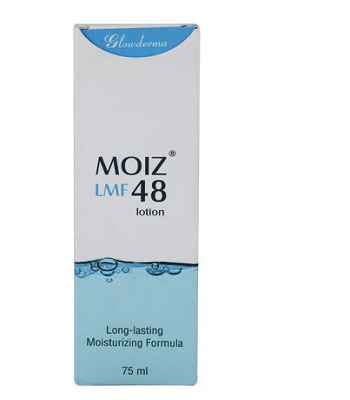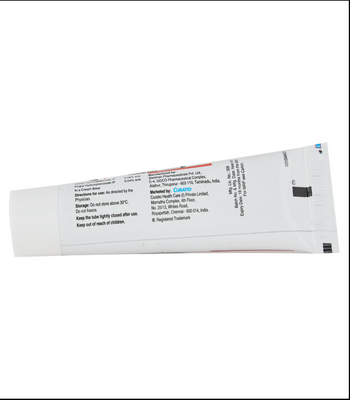Accuzon 500mg Injection
INR 49.40INR 49.40
Category :
Sub Category :
MG Details :
CEFTRIAXONE 500MG
Mfr by:
Country of Origin:
NA
What ACCUZON 500MG is used for?
It is used to treat infections of the,
Brain (meningitis), lungs, blood and heart
Middle ear
Abdomen and abdominal wall (peritonitis)
Urinary tract and kidneys
Bones and joints
Skin or soft tissues
It can be given to treat,
Sexually transmitted infections (gonorrhoea and syphilis)
Patients with low white blood cell counts (neutropenia) who have fever due to bacterial infection
Infections of the chest in adults with chronic bronchitis
Lyme disease (caused by tick bites) in adults and children including newborn babies from 15 days of age
Infections during surgery
Talk to your Doctor, if you:
Are allergic or hypersensitive to Ceftriaxone or any of the other ingredients of this medicine
Have recently had diarrhoea
Have ever had problems with your gut, in particular colitis (inflammation of the bowel)
Have liver or kidney problems
Have other illnesses, such as hemolytic anemia (a reduction in your red blood cells that may make your skin pale yellow and cause weakness or breathlessness)
ACCUZON 500MG is usually given by a doctor or nurse
It can be given as a drip (intravenous infusion) or as an injection directly into a vein or into a muscle
Like all medicines, this medicine can cause side effects, although not everybody gets them.
Common
Abnormalities with your white blood cells (such as a decrease of leucocytes and an increase of eosinophils) and platelets (decrease of thrombocytes)
Loose stools or diarrhoea
Changes in the results of blood tests for liver functions
Rash
Uncommon:
Fungal infections (for example, thrush)
A decrease in the number of white blood cells (granulocytopenia)
Reduction in number of red blood cells (anaemia)
Bruising easily and pain and swelling of your joints
Headache, dizziness
Itching
Pain or a burning feeling along the vein where ceftriaxone has been given
Abnormal kidney function test (blood creatinine increased)
Rare :
Inflammation of the large bowel (colon): diarrhoea, usually with blood and mucus, stomach pain and fever
Difficulty in breathing (bronchospasm)
Blood or sugar in your urine
Edema (fluid build-up)
Shivering
Tell your doctor if you are taking,
Aminoglycosides (used to treat infections)
Chloramphenicol (used to treat infections, particularly of the eyes)
Storage
Keep this medicine out of reach of children
Store at a room temperature of 15-25ºC
Disclaimer:
The contents of this website are for informational purposes only and not intended to be a substitute for professional medical advice, diagnosis, or treatment. Please seek the advice of a physician or other qualified health provider with any questions you may have regarding a medical condition. Do not disregard professional medical advice or delay in seeking it because of something you have read on this website.












